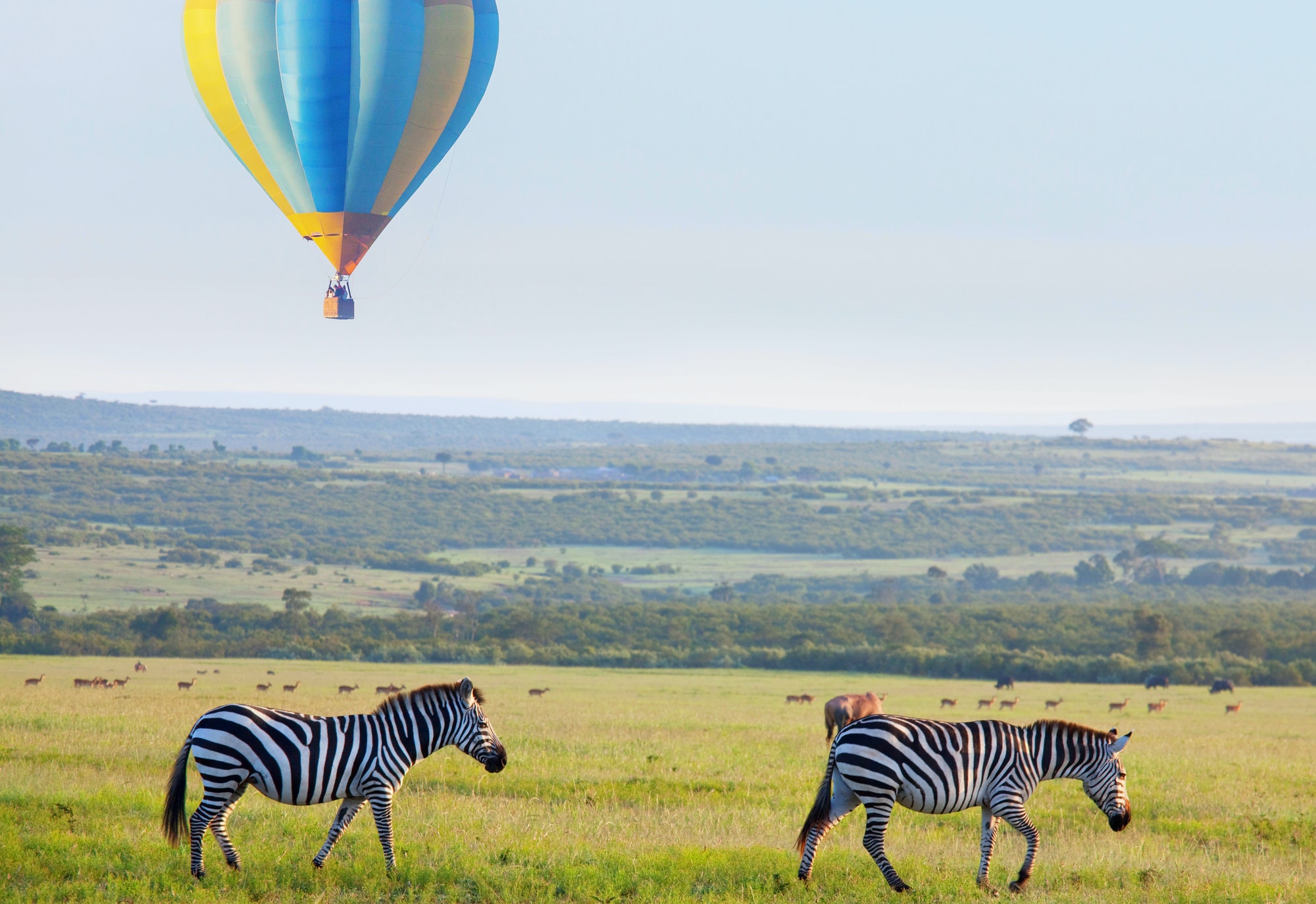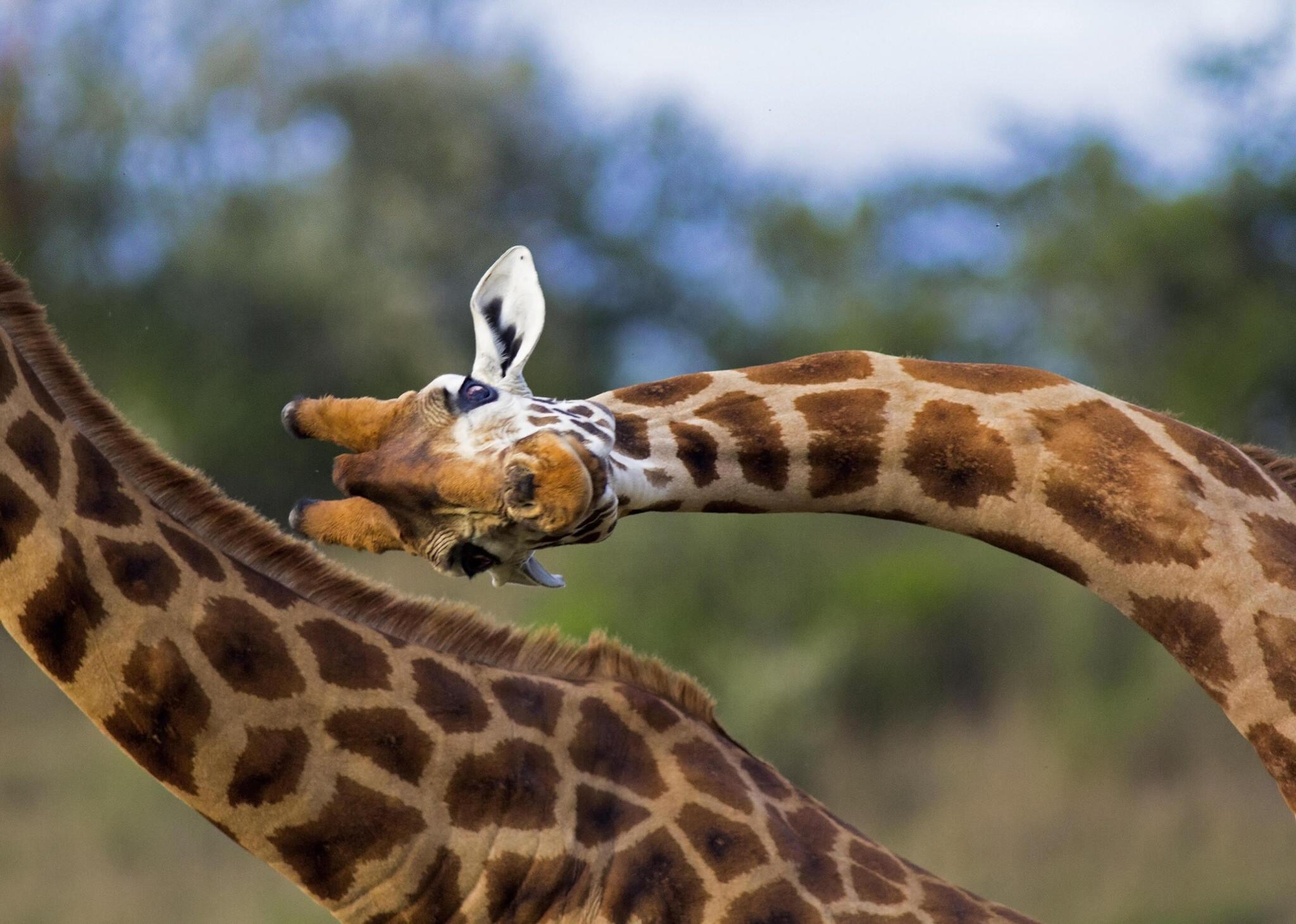Is a Tanzania Safari Safe?
Tanzania is one of the most popular safari destinations in Africa, beckoning visitors with the promise of witnessing iconic wildlife like lions, elephants, and rhinos roaming freely in their natural habitats. However, the idea of face-to-face encounters with wild animals raises understandable concerns around safety. This article provides a comprehensive look at the realities of safety while on a Tanzania safari.
Understanding Safety in Tanzania
Tanzania is widely considered one of the most politically stable and socially welcoming countries in Africa. Violent crime rates are relatively low, especially in popular tourist areas. Nonetheless, basic precautions like avoiding deserted areas at night and not wearing expensive jewelry can go a long way in staying safe. Reputable hotels and tour providers have extensive security features in place as well.
Is it Safe to Have Wildlife Encounters on a Tanzania Safari?
While wildlife encounters are the highlight of any safari, they do require caution. Experienced safari guides instruct visitors to keep a safe distance from the animals at all times. Most attacks happen when safety rules are disregarded, whether knowingly or accidentally. Always heed your guide’s warnings and never attempt to approach wildlife. With responsible practices, wildlife sightings can be thrilling rather than dangerous.
Health and Medical Precautions
Be sure to get the necessary vaccinations and take malaria prevention medication before traveling to Tanzania. While major cities have decent medical infrastructure, facilities become more rudimentary in rural areas. Having emergency insurance and an evacuation plan in place provides added reassurance. Know where to access medical assistance within your lodge or camp.
Lodging and Accommodation Safety
Safari lodges and tented camps have security guards patrolling the premises to prevent unauthorized human and animal intrusions. Resident managers also coordinate quick medical response efforts for guests if needed. Do background research before booking as lodge facilities, safety provisions, and access to help can vary.
Transportation Safety
Drivers in Tanzania tend to navigate roads cautiously due to variable road conditions. Opt for a reputable company when arranging transportation, especially for transfers between national parks. For remote area travel, go with a guide in a properly equipped 4×4 vehicle. Trying to traverse difficult terrain independently in a rental car can prove dangerous.
Personal Safety Measures
Use common sense personal safety in Tanzania like avoiding deserted streets at night especially as a solo traveler and not displaying expensive cameras or jewelry. As a foreigner, also respect local cultural norms and traditions to avoid offending Tanzanians during your visit. Harassment is rare but dressing modestly helps avoid unwanted attention.
Safari Safety for Families
Families with young children should look for a child-friendly safari operator that can provide kid-oriented programs and safe sightseeing. Ensure all child visitors have had necessary immunizations and have safety gear like insect repellent and sun protection. Plan less ambitious itineraries with plenty of rest stops and hydration breaks when traveling with little ones.
Environmental Safety and Conservation
While safaris may seem adventurous, reckless practices like speeding after animals in vehicles or leaving trash behind can harm ecosystems. Choose tour operators that prioritize sustainability with measures like employing locals, using solar power at lodges, and funding community initiatives. As a safari-goer, travelers should do their own part by not littering, wasting water, or damaging wildlife habitats.
Emergency Preparedness
Reputable safari companies have emergency protocols to evacuate and treat injured visitors quickly in case of health crises, accidents, or animal attacks. Ensure you have emergency contacts handy for overland escorts, flying doctors service, park rescue teams, local hospitals and clinics, and insurance providers. When booking a Tanzania safari, inquire about specific emergency response procedures.
With proper preparations and responsible practices in place, visitors of all ages can safely experience Tanzania’s spectacular wildlife in comfort. A bit of advance planning and adherence to safety guidance throughout will allow you to focus on creating lifelong memories.




